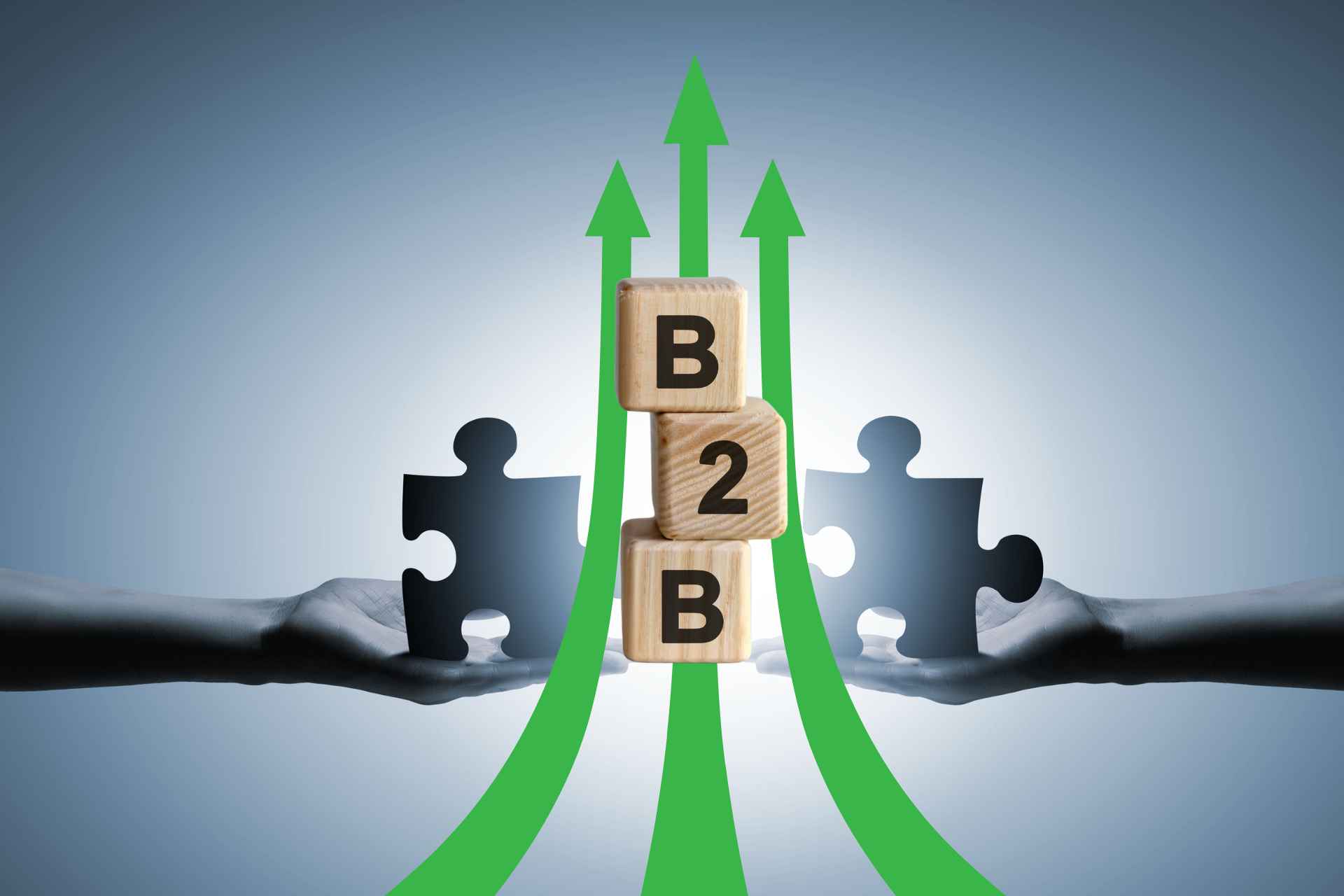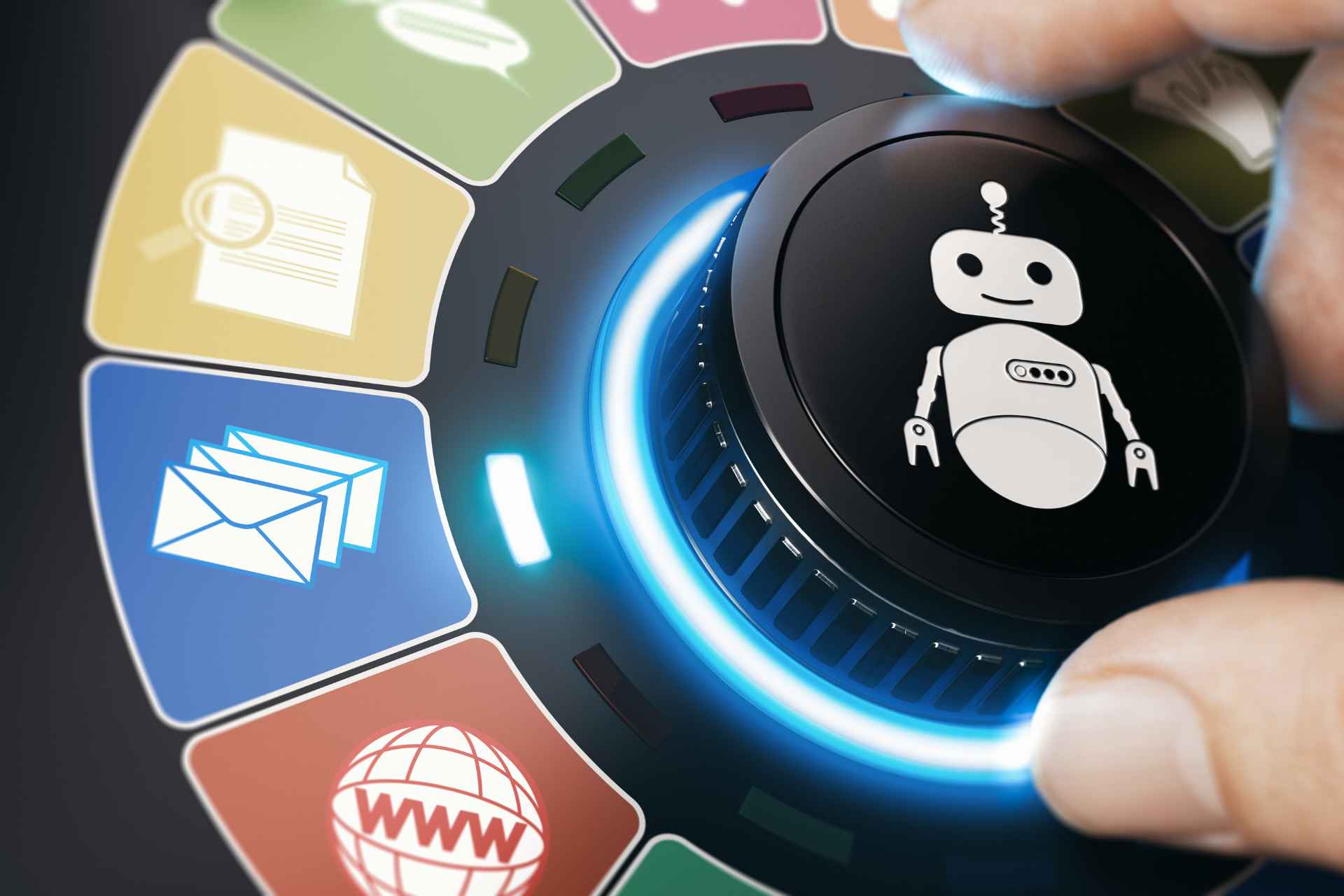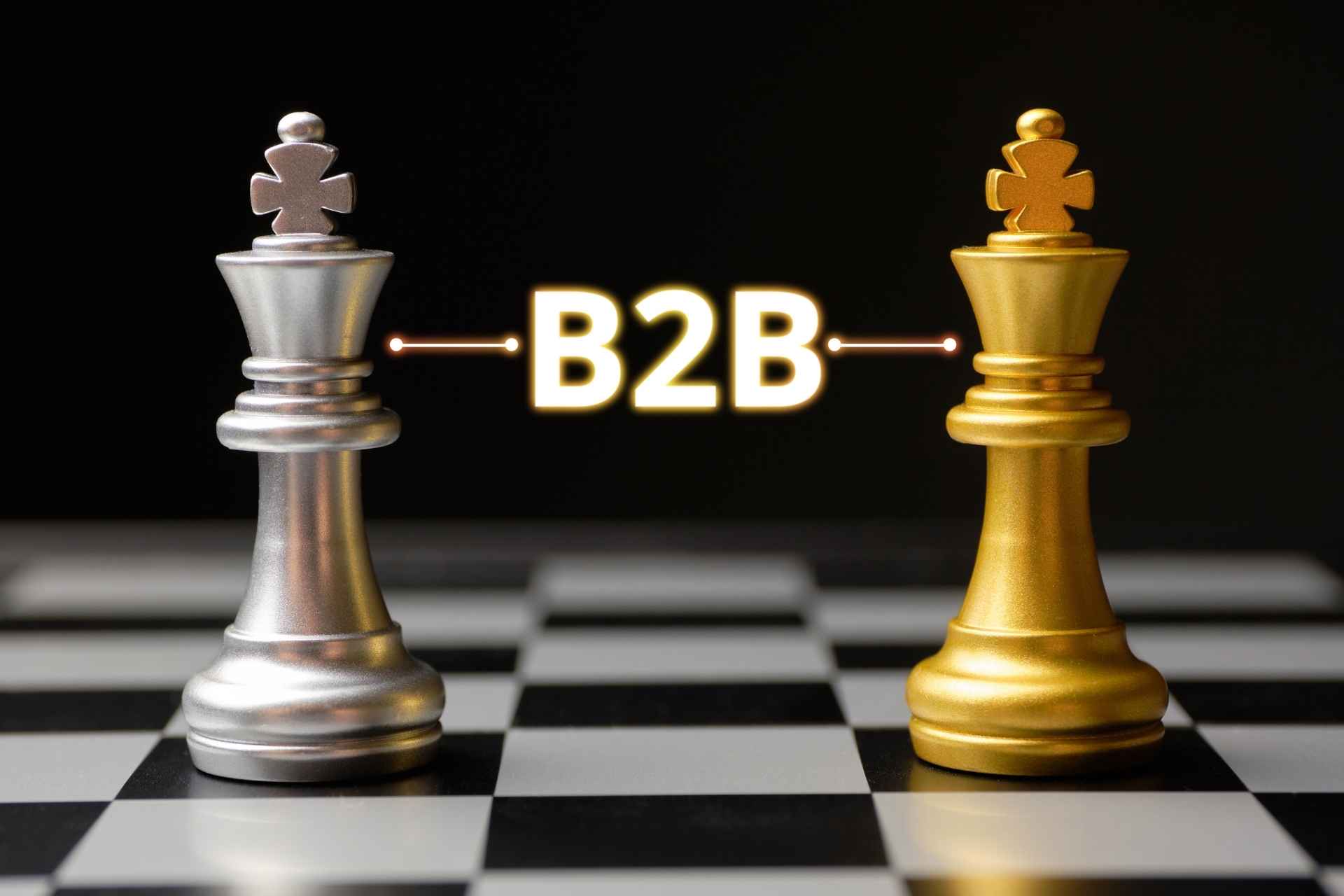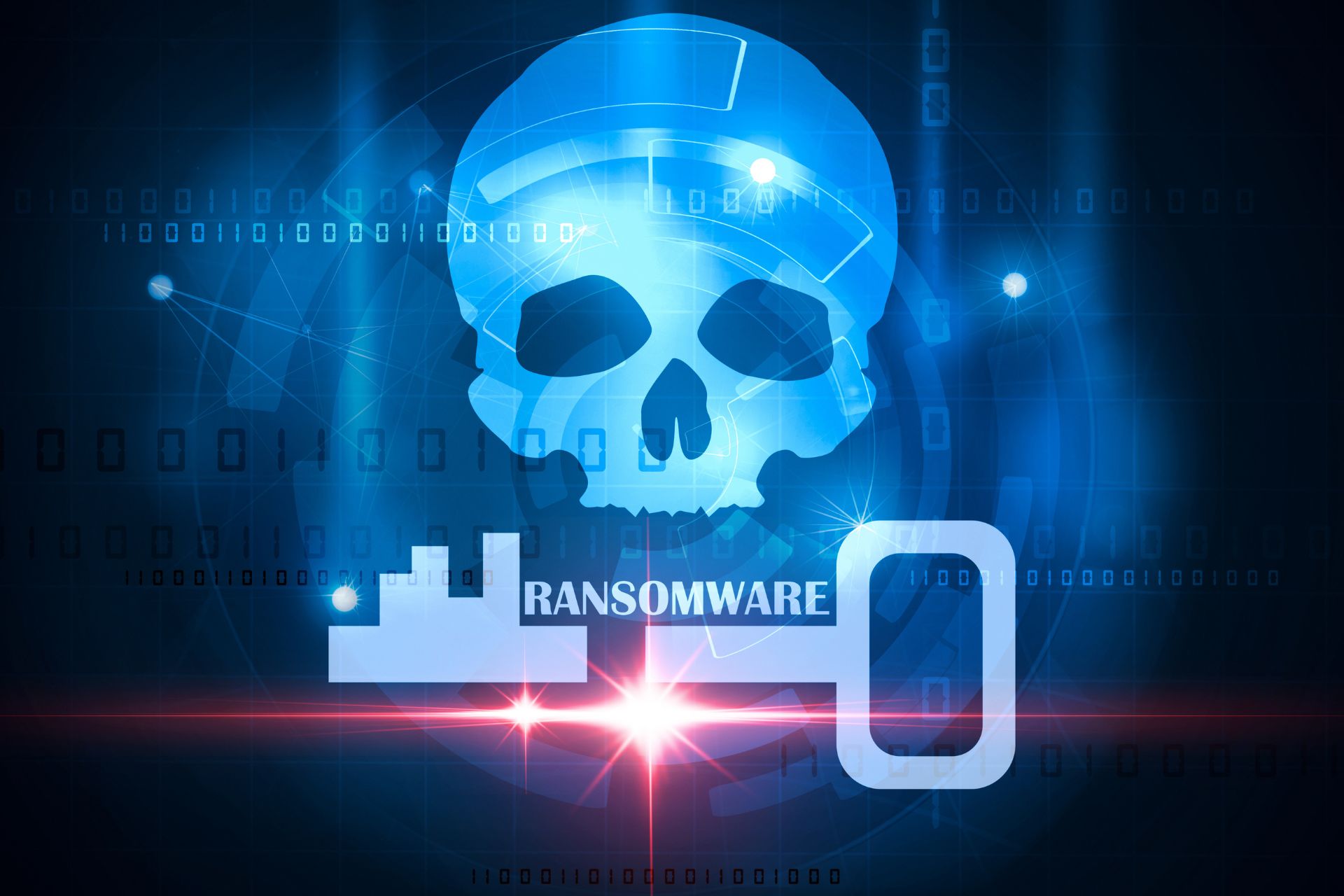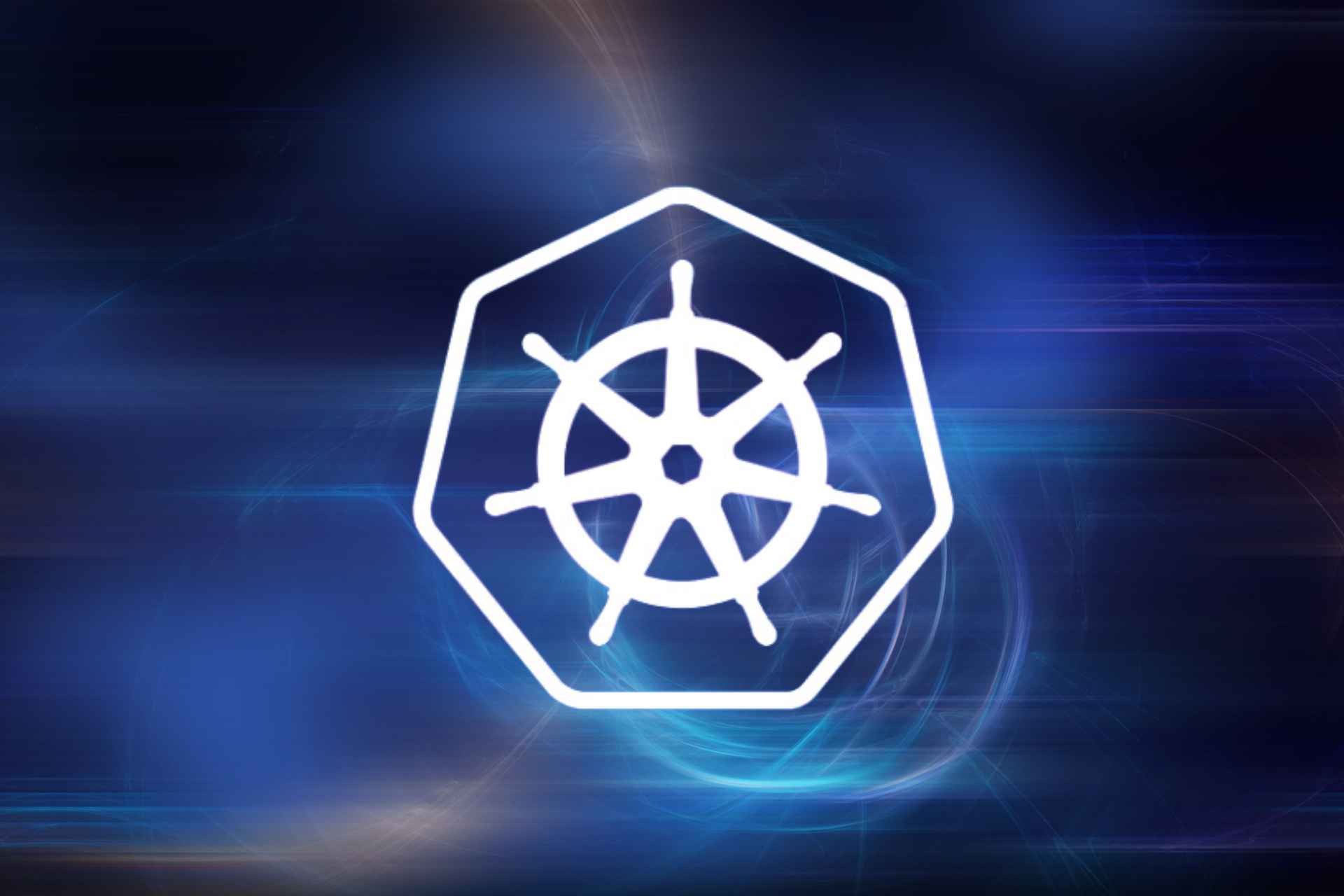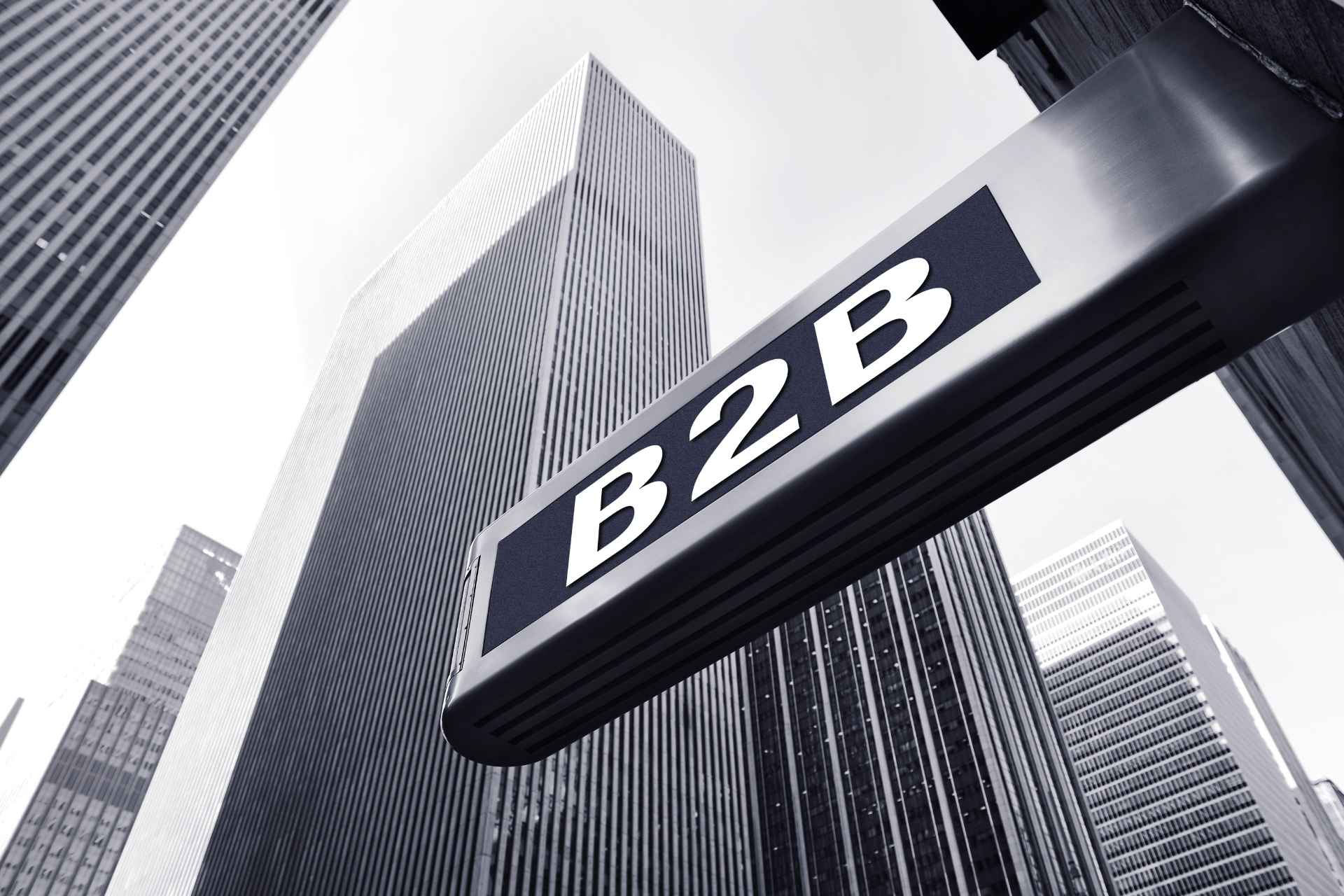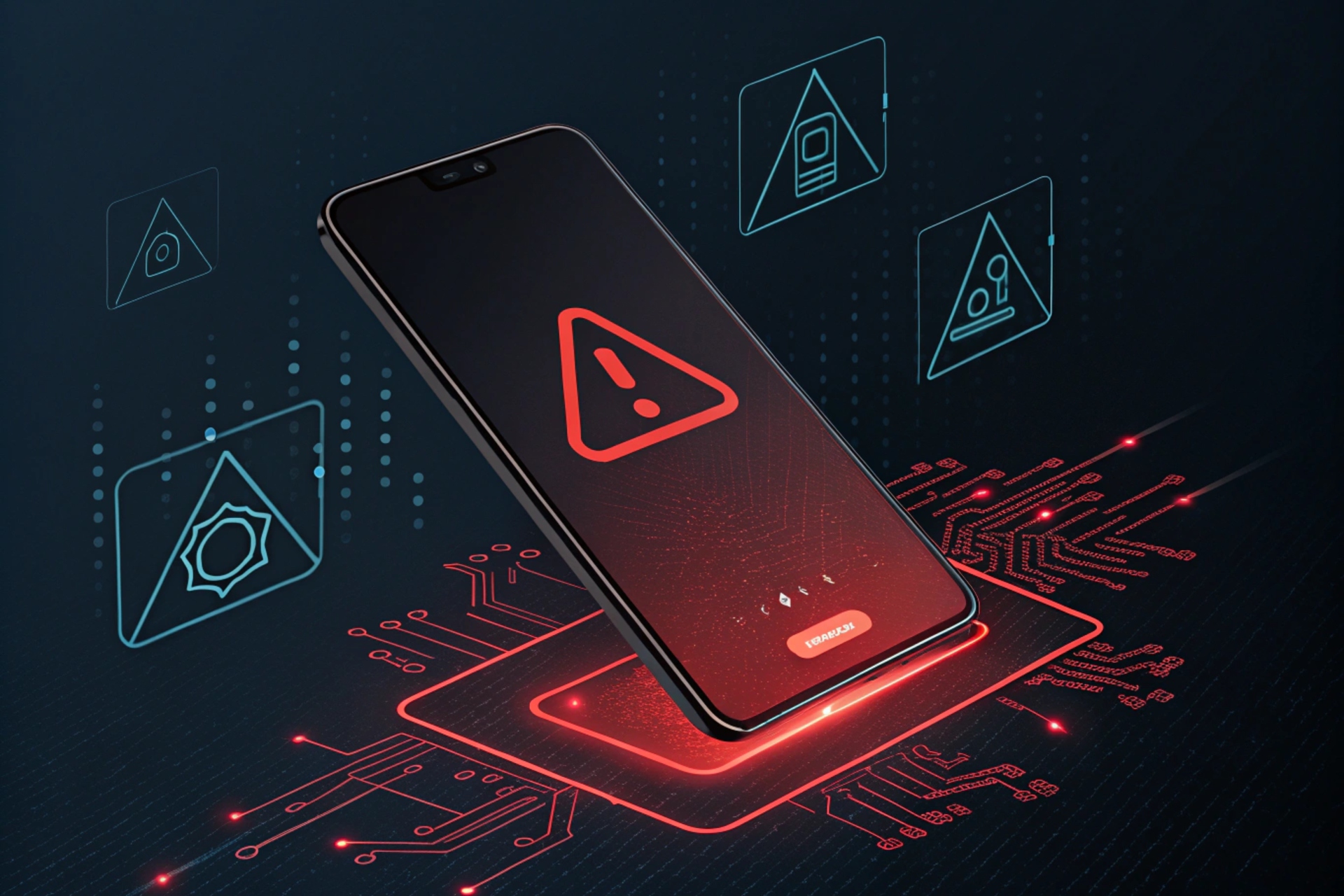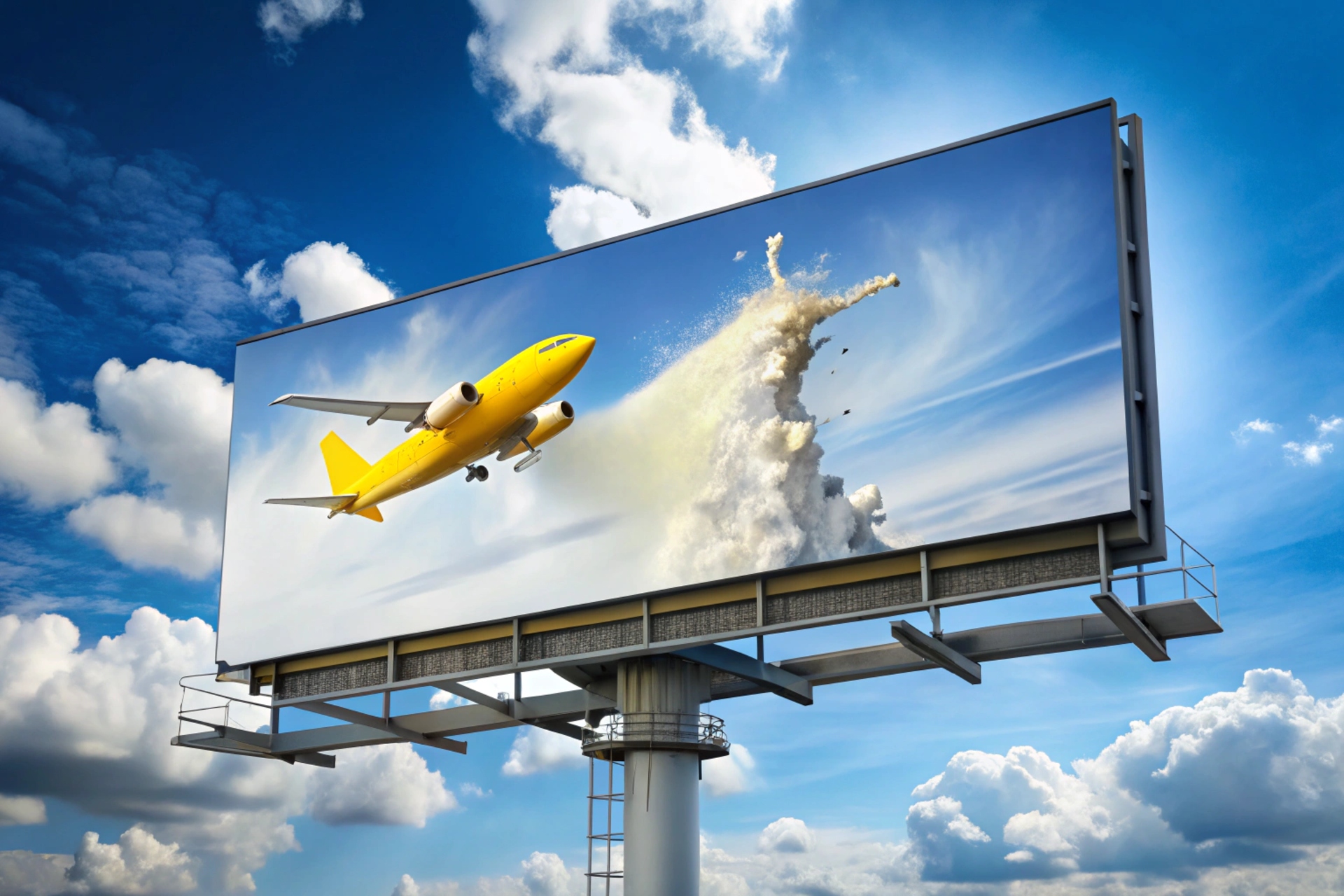
Guerrilla marketing, a non-traditional approach to marketing, has gained significant traction in recent years, particularly among small and medium-sized businesses. Its unconventional tactics, often involving unexpected and innovative strategies, aim to captivate audiences and create a lasting impression. While traditionally associated with consumer-facing brands, guerrilla marketing can also be a powerful tool for B2B businesses.
The Essence of Guerrilla Marketing
At its core, guerrilla marketing is about breaking free from conventional marketing norms. It eschews traditional advertising channels like TV, radio, and print in favor of more creative and often disruptive tactics. By leveraging unexpected events, unconventional locations, and unique experiences, guerrilla marketing seeks to:
- Grab Attention: Stand out in a crowded marketplace by delivering a memorable and unexpected experience.
- Create Buzz: Generate conversations and social media shares, amplifying the brand’s reach.
- Build Relationships: Foster personal connections with potential customers and clients.
- Drive Engagement: Encourage active participation and interaction with the brand.
The Impact on B2B
While B2B marketing often focuses on rational appeals and technical specifications, guerrilla marketing introduces a human element that can resonate deeply with decision-makers. Here are some key ways in which guerrilla marketing can benefit B2B businesses:
- Differentiation: In a competitive B2B landscape, standing out is crucial. Guerrilla marketing offers a unique way to differentiate a brand from competitors, making it memorable and top-of-mind.
- Thought Leadership: By tackling industry issues or offering innovative solutions, guerrilla marketing can position a B2B company as a thought leader.
- Cost-Effectiveness: Compared to traditional advertising, guerrilla marketing can be more cost-effective, especially for smaller businesses.
- Measurable Results: While quantifying the exact ROI of guerrilla marketing can be challenging, the increased brand awareness, social media engagement, and leads generated can be significant.
- Customer Engagement: Guerrilla marketing creates opportunities for face-to-face interactions, fostering stronger relationships with potential clients.
Successful B2B Guerrilla Marketing Strategies
- Experiential Marketing: Create immersive experiences that align with the brand’s values and resonate with the target audience.
- Content Marketing: Produce high-quality, shareable content that provides value and positions the brand as an expert.
- Social Media Engagement: Utilize social media platforms to amplify the guerrilla marketing campaign and encourage user-generated content.
- Influencer Partnerships: Collaborate with industry influencers to reach a wider audience and lend credibility to the brand.
- Community Involvement: Participate in local events and initiatives to build relationships within the target market.
Considerations for B2B Guerrilla Marketing
While guerrilla marketing can be highly effective, it’s essential to consider the following factors:
- Alignment with Brand Values: Ensure that the guerrilla marketing campaign aligns with the brand’s identity and messaging.
- Legal and Ethical Considerations: Adhere to local regulations and avoid any actions that could harm the brand’s reputation.
- Measurement and Evaluation: Track the campaign’s performance using metrics like social media engagement, website traffic, and leads generated.
- Adaptability: Be prepared to adapt the campaign if it’s not generating the desired results.
In conclusion, guerrilla marketing offers a refreshing and effective approach for B2B businesses to break through the noise and connect with their target audience. By leveraging creativity, innovation, and a focus on the customer experience, companies can achieve significant results and build lasting relationships.




































































































































